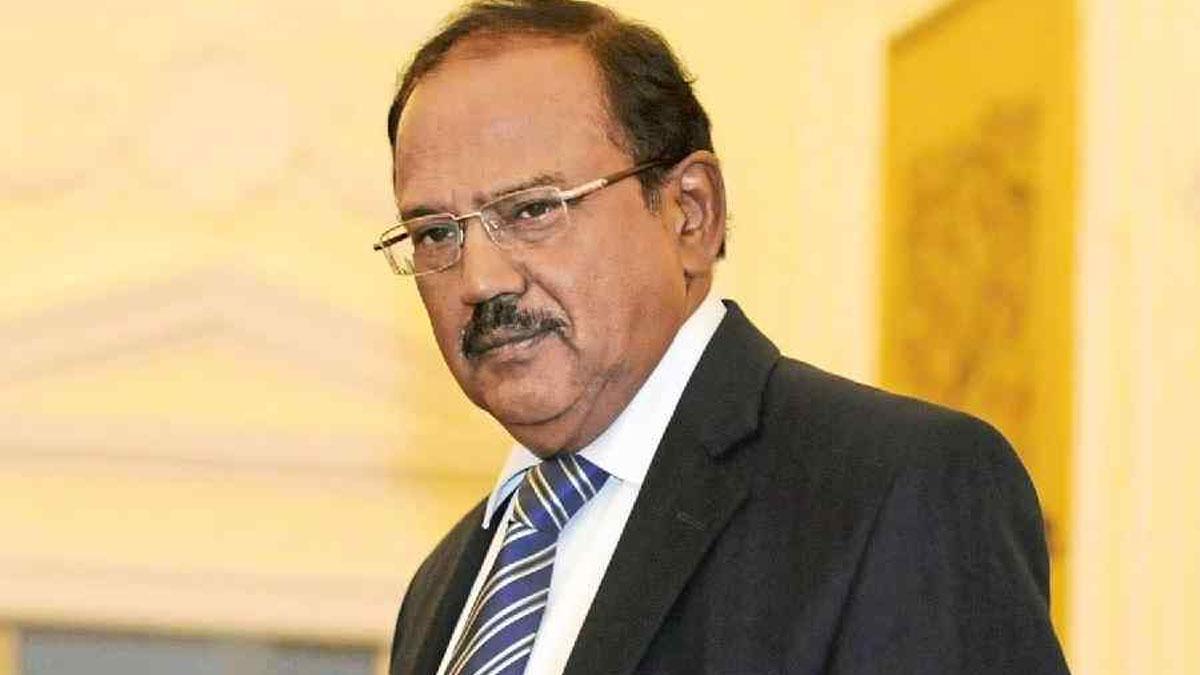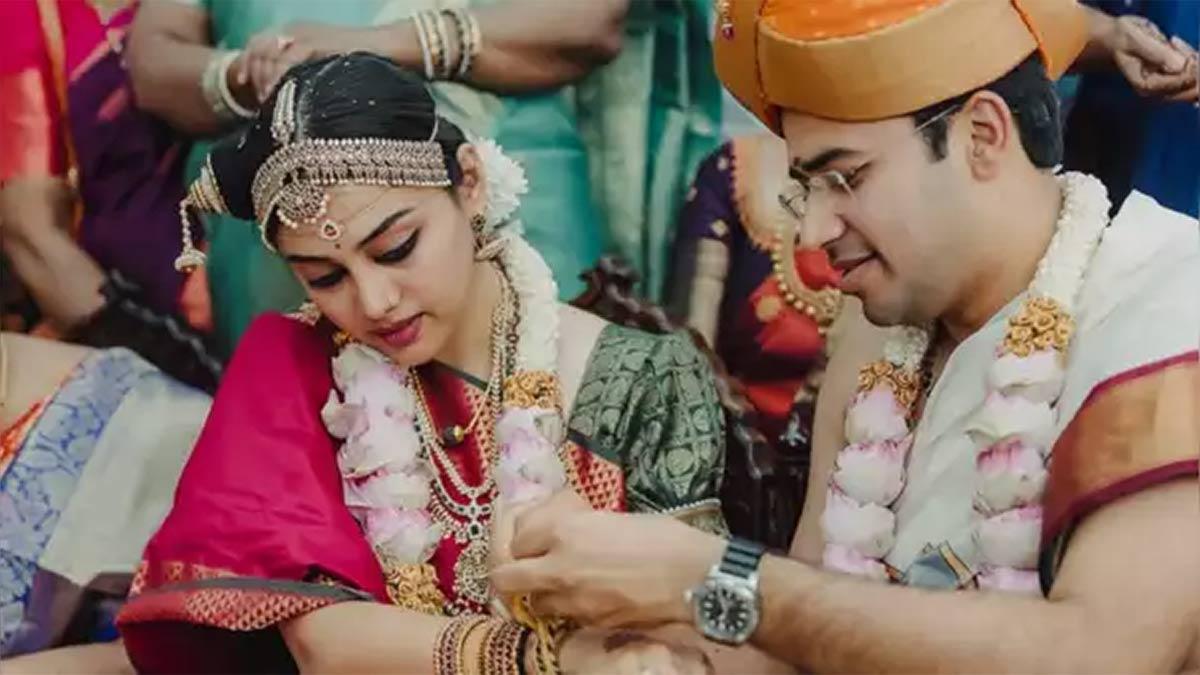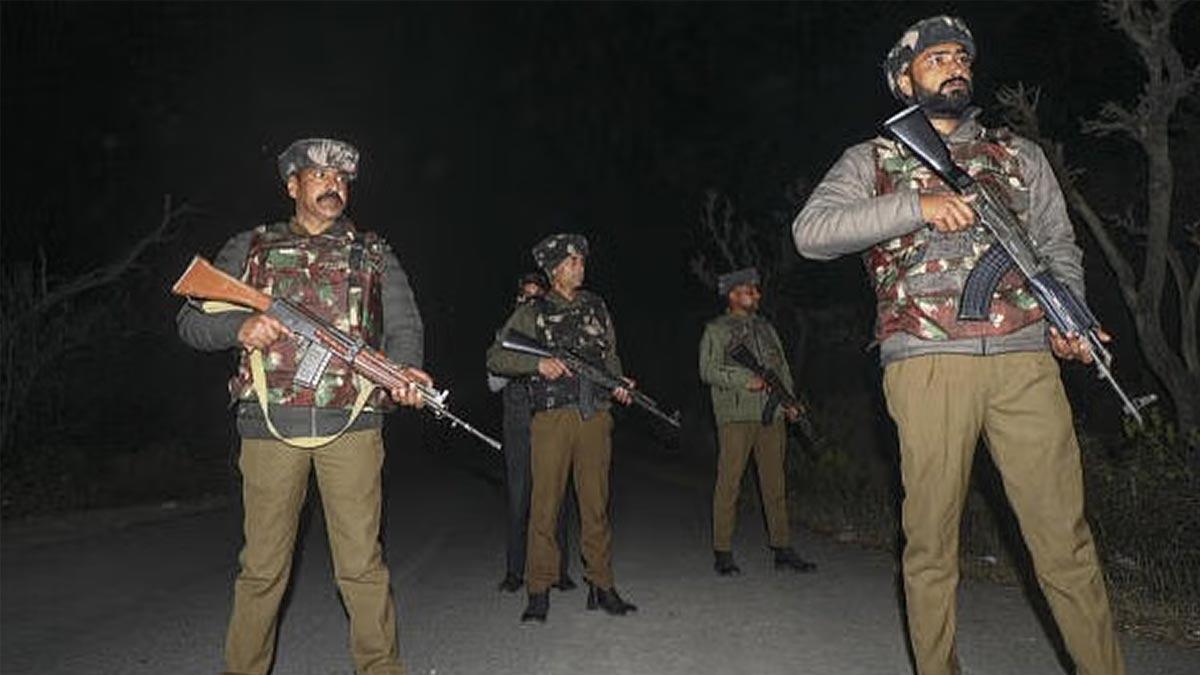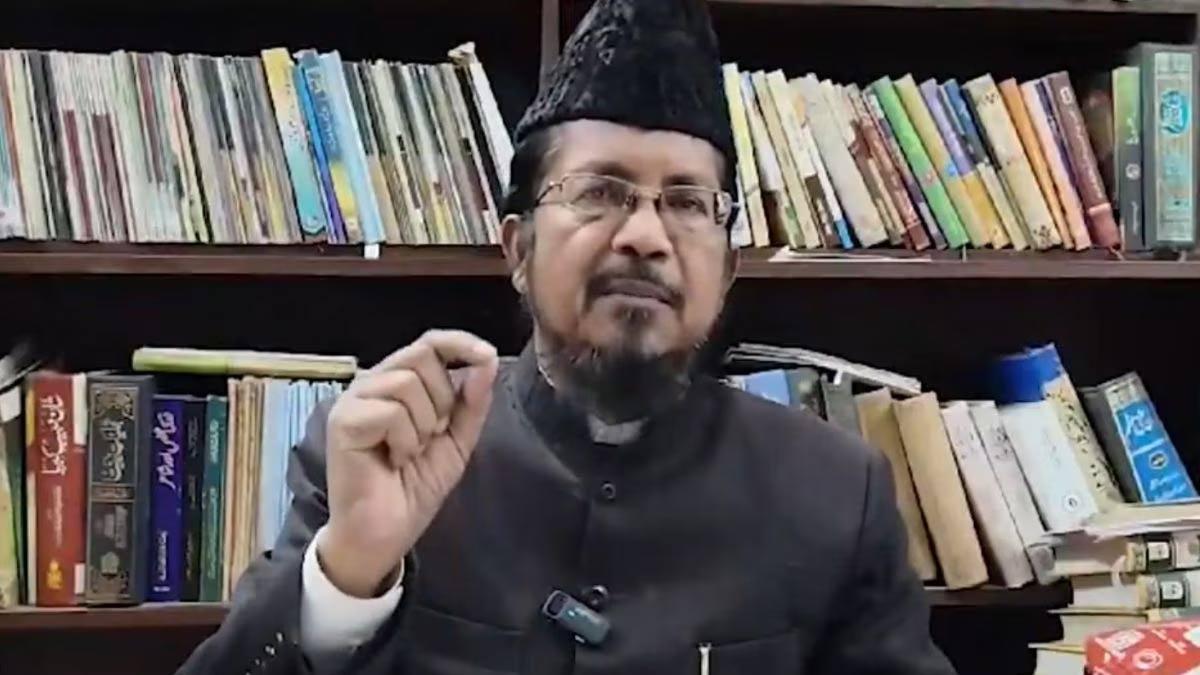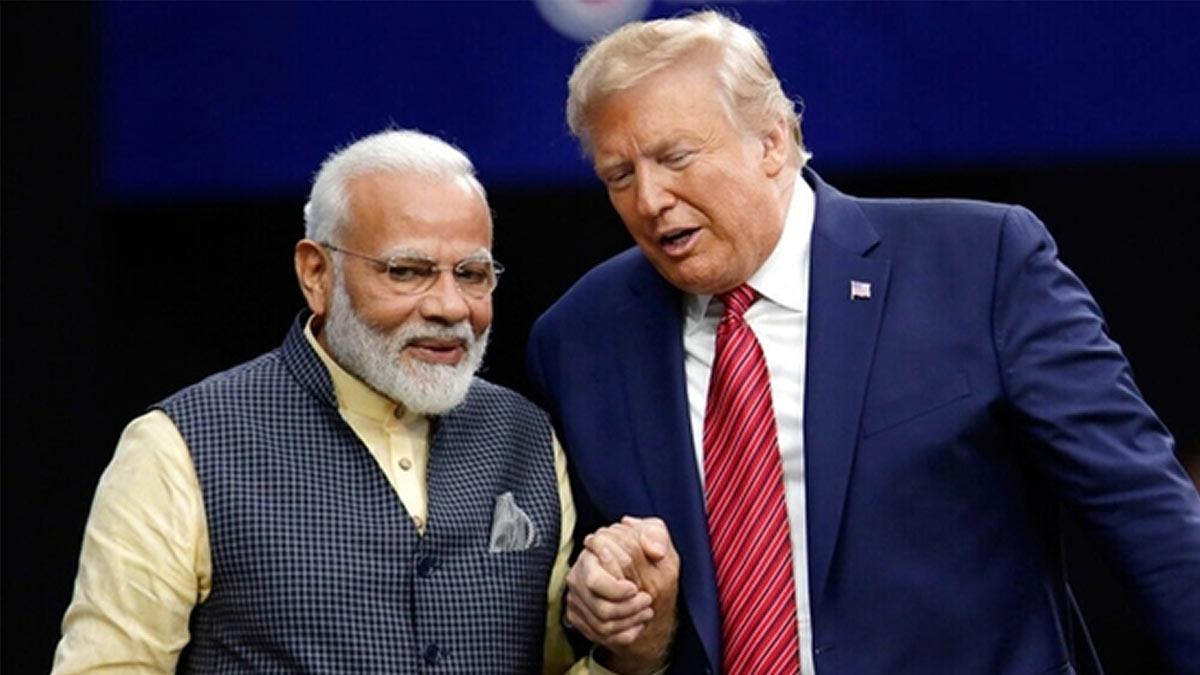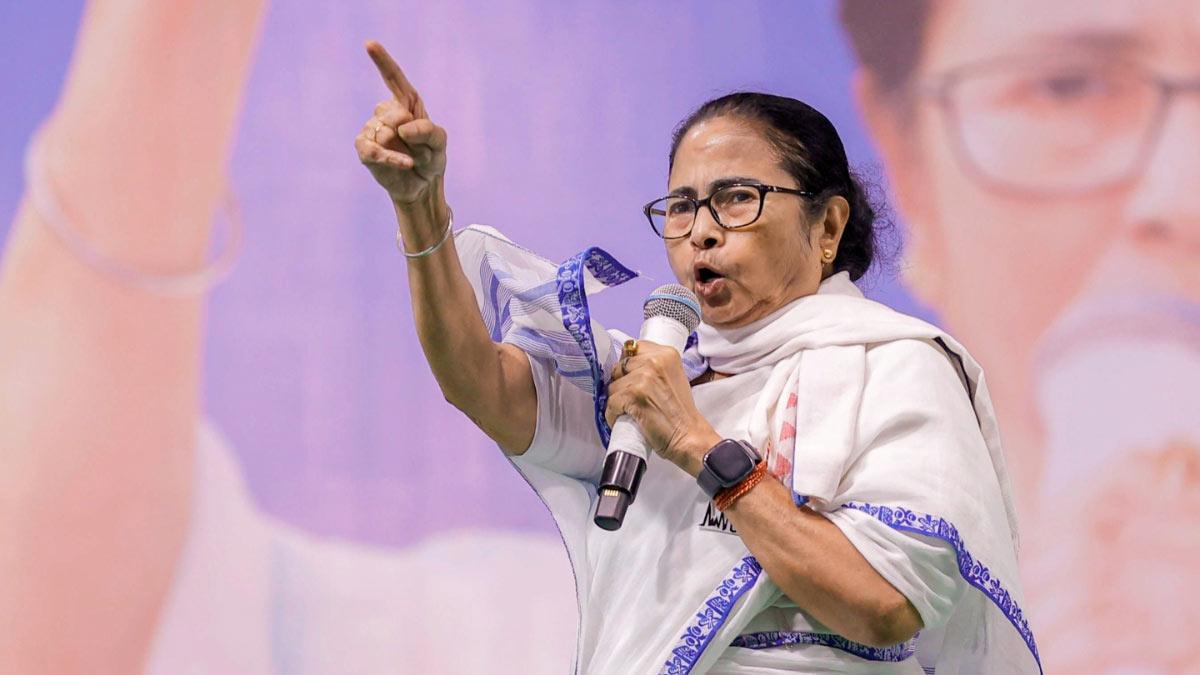An American court has held that the summons issued to Indian National Security Advisor (NSA) Ajit Doval, who was with Prime Minister Narendra Modi during his trip to the US on February 12-13, was not delivered successfully while he was there.
The order was issued after lawyer Gurpatwant Singh Pannun wrote a letter stating that efforts were made to serve Doval.
According to The Times of India, US Secret Service agents who were protecting Blair House, where the Indian delegation was residing, obstructed these efforts and even issued threats of arrest if further efforts were made.
Failed Summons Delivery Attempt
In an action considered to be inadequate by the court, the process server left the summons at a Starbucks close to Blair House rather than delivering it directly to Doval or his security team.
After reading the case, a judge at the Southern District of New York affirmed that nobody connected with Doval's security or hotel staff was ever served the summons according to court practice. This agrees with India's argument that Doval was never served officially. India's Foreign Secretary, Vikram Misri, had also earlier brushed off the charges against Doval as "unwarranted and baseless."
Pannun's Legal Team Engaged Multiple Servers
As reported by The Times of India, Pannun retained two process servers and an investigator in a bid to serve the summons.
The first server, Ambiko Wallace, visited Blair House on February 12 at 7:22 pm but discovered the building heavily secured with one checkpoint that was being guarded by Secret Service agents. Upon presenting the legal notice, the agents declined to accept it and instructed Wallace to depart.
The second server, Wayne Engram, tried again on February 13 at 12:15 pm. Secret Service agents once more refused the summons. When Engram tried to leave the documents on the ground, a common practice utilized in legal service, he was threatened with arrest. Alternatively, he left the envelope near a Starbucks some 100 feet away and notified the agents, but the court deemed this was not sufficient for a valid service.
In the meantime, the case's investigator contacted Secret Service personnel and Blair House staff but was informed that serving the summons was not feasible. They also declined to offer an email address for service.
Possible Diplomatic Ramifications
The case, which is linked to a suspected plot to assassinate him, has the makings of an escalating diplomatic crisis between India and the US. The Biden administration is already juggling Canadian accusations about the murder of Khalistan figurehead Hardeep Singh Nijjar, and this case adds a new layer of sophistication to US-India relations.
Pannun, who has been designated a terrorist by India in 2020, is the SFJ spokesperson of a pro-Khalistan outfit India has called on the US to ban. His lawsuit, filed last September, alleges Indian agents conspired to kill him.
US federal prosecutors indicted former Indian intelligence officer Vikash Yadav in October 2024 on charges of allegedly plotting to kill Pannun in New York City as part of a murder-for-hire scheme. The scheme was thwarted when Nikhil Gupta, an intermediary, unwittingly approached an undercover DEA agent to carry out the plan.
Though the US is seeking accountability, India is hoping that this case will not further strain diplomatic relations.
Read also| Christian Preacher Bajinder Singh Sentenced to Life Imprisonment in 2018 Rape Case
Read also| NIA Nabs Accused in ‘Donkey Route’ Human Trafficking to US

